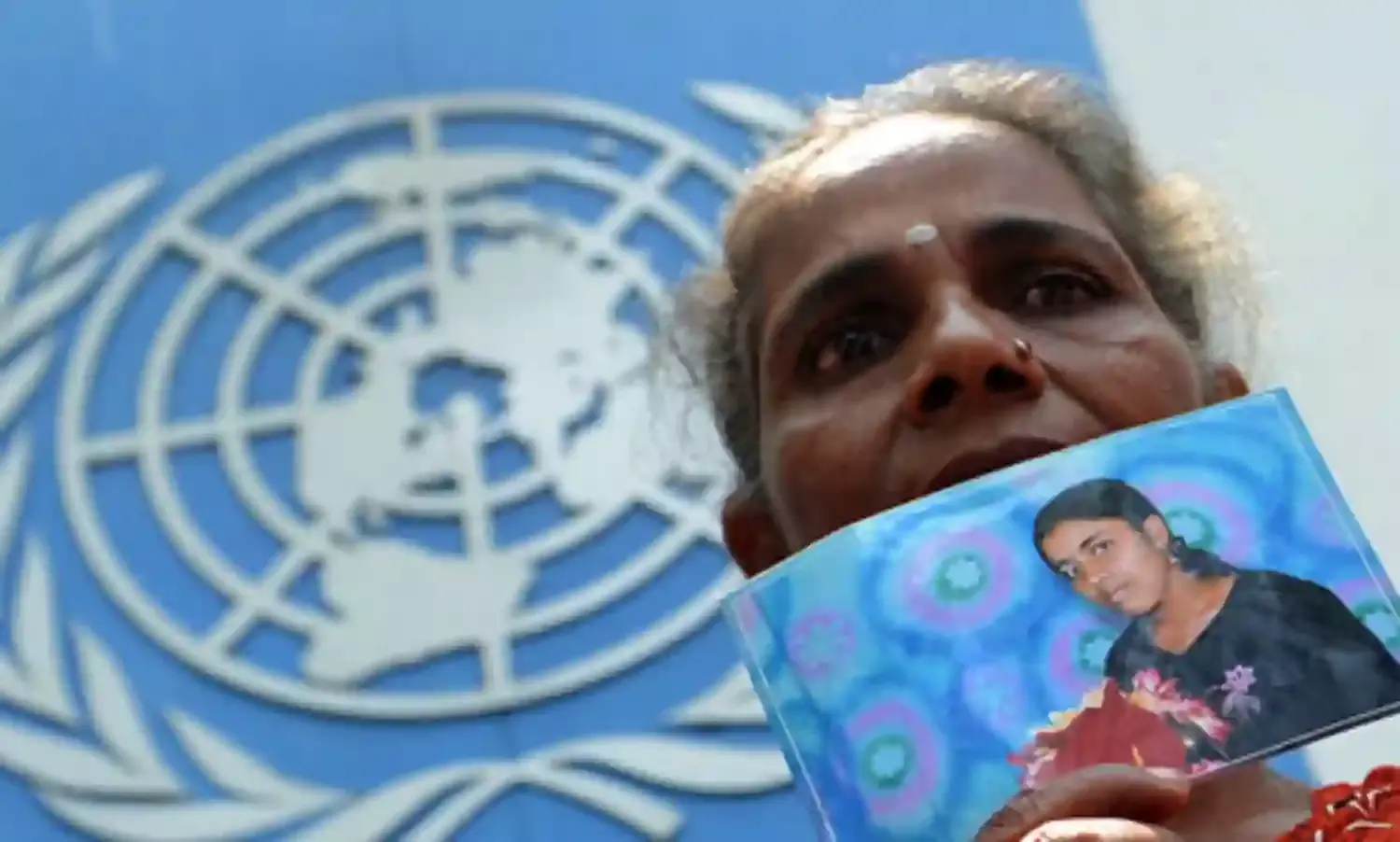Lankan Tamil Issue Won’t Go Away From World Arena With US Quitting UNHRC
It is also not certain if the US has left the UNHRC for good.

COLOMBO: The Sri Lankan Tamil issue, which has been the subject of very aggressive US-backed resolutions in the UN Human Rights Council (UHRC) against Lankan regimes since 2009, will not be swept under the carpet in the international arena because the US has quit the UNHRC, observers here feel.
Former Lankan Ambassador in Geneva and now Ambassador designate to Russia, Dr.Dayan Jayatilleka, said that the exit of the US from the UNHRC does not mean that the US will not play a role in shaping events in the council.
“The US had inspired resolutions against Sri Lanka even when it was not part of the 47-member body. The US got the British to engineer a resolution against Sri Lanka when it was not itself a member,” Jayatilleka recalled.
It is also not certain if the US has left the UNHRC for good. It had opted out in 2006 but joined in 2009.
“The George W.Bush administration opted against seeking membership when the council was created in 2006. The US joined the body only in 2009 under President Barack Obama. It is not clear if the Trump administration has taken the hard option of staying out for ever, or the soft option of quitting now and coming back later, ” Jayatilleka pointed out.
The Lankan diplomat feels that even if the US under Trump were to take less interest in the Tamil question than the Obama administration, the British and the Canadians might not give up.
“The Tamils in the UK and Canada have enough electoral clout to influence their government’s Sri Lanka policy,” the Lankan diplomat said.
Domestic Developments Hold The Key
Jayatilleka fears that domestic political developments in Sri Lanka could invite the unwelcome attention of the influential international human rights lobby, including the UNHRC.
“If Gotabaya Rajapaksa, known for his hardline on the Tamil question, were to become Sri Lankan President after the January 2020 election, confrontation with the Tamils is likely to take place and could become very sharp,” he predicted.
“Gotabaya is not only against devolution of power to the Tamil speaking Northern and Eastern provinces but also to the 13 th. Amendment which gives a modicum of power to the provinces,” Jayatilleka said.
And the 13A has an international dimension given the fact that it stemmed from the India-Sri Lanka Accord of 1987.
“The think tank Gotabaya has established to advise him on foreign policy is against the 13A in toto,” Jayatilleka observed.
But all Tamil parties, from the moderate Tamil National Alliance led by R.Sampanthan to the extremists gathering around the Northern Province Chief Minister C.V.Wigneswaran, have put devolution of power before every other demand.
This being the state of affairs in the Tamil community, the assumption of power by Sinhalse extremists in Colombo, will certainly lead to a confrontation, Jayatilleka said.
“With a government set to back them, the Security Forces might be emboldened to go for muscular responses which will lead to a transformation of the nature of the Tamil-government conflict for the worse,” Jayatilleka feared.
Sherine Xavier, head of “Home for Human Rights” felt that the exit of the US from the UNHRC will not make a difference to the Tamil cause because the Tamil issue is not specifically tied to support from the US.
“The Tamils have sought the help of the international community and not the US specifically. The US is only a part of the larger international community,” Xavier said.
She also noted that the US is not necessarily wedded to human rights going by the way it has been supporting Israeli action against the Palestinians, and the way the Trump administration has separated migrant children from their parents as part of its border defense policy.
The Tamils will perforce have to look for broader support, Xavier said.
The Jaffna-based developmental economist Ahilan Kadirgamar said that he will not set much store by the US given its proven disdain for human rights. It does not matter if the US is in or out of the UNHRC, he added.
At any rate, Kadirgamar does not believe that international help is a sine qua non for a solution of the Lankan Tamil question.
“The issue will have to be settled here in Sri Lanka, with the stakeholders here in the island. The Tamils will have to negotiate with the forces within the island to secure a sustainable and lasting solution,” Kadirgamar said.



